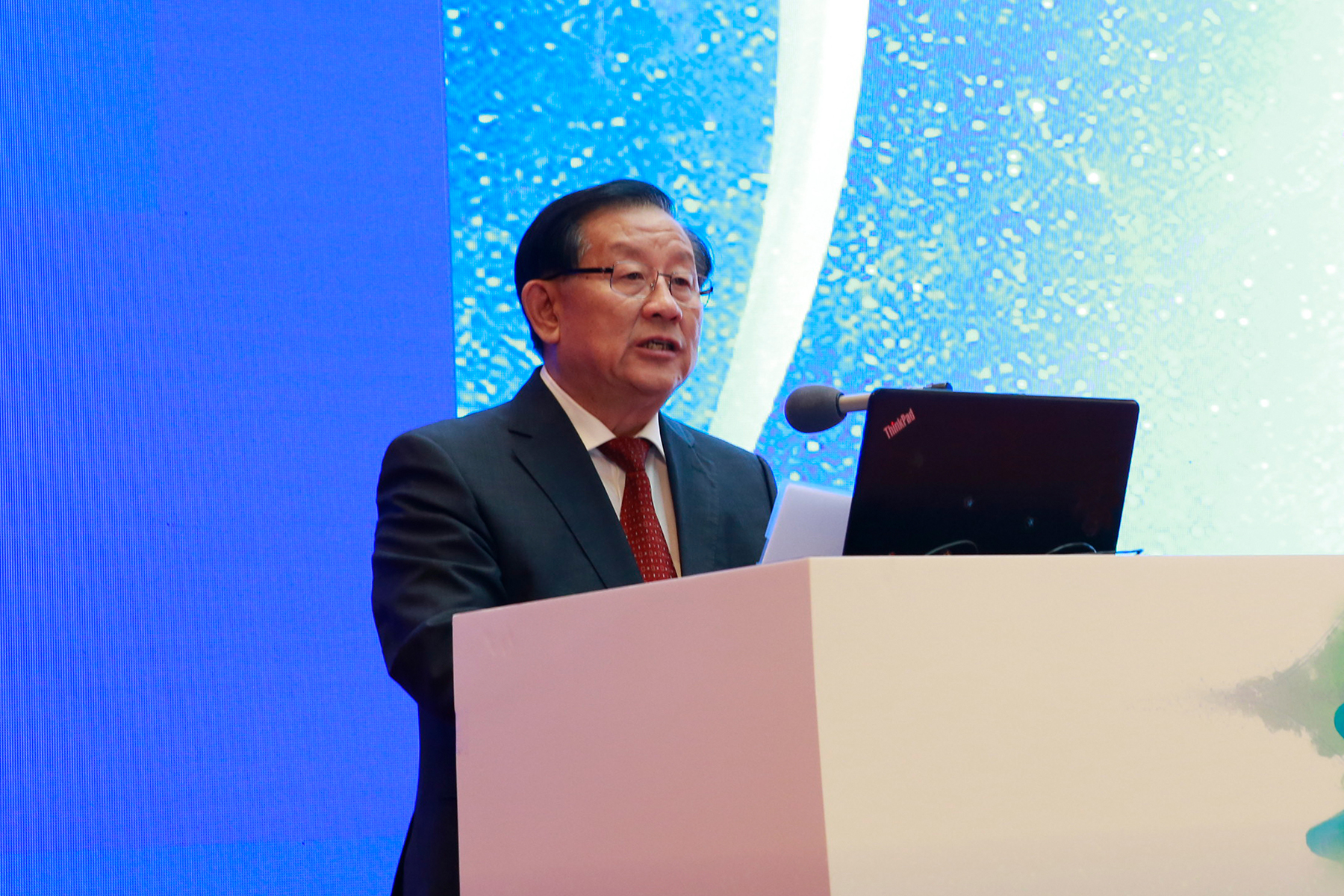Home > Launch/Release Event > Artificial Intelligence >
A new generation of artificial intelligence is booming around the world, pushing the world into the era of intelligent information from the era of connected information, and bringing disruptive effects to people's production and lifestyle. The deep integration of artificial intelligence and economic society will bring powerful new kinetic energy to the development and progress of human society and achieve innovative development.
From a scientific perspective, artificial intelligence is highly cross-disciplinary across cognitive science, neuroscience, mathematics, and computer science. From a technical perspective, artificial intelligence includes computer vision, machine learning, knowledge engineering, and natural language processing. The field is extremely professional; from the industrial level, the application of artificial intelligence in the fields of intelligent manufacturing, smart agriculture, smart medical care, smart city, etc. is expanding and has internal integration; from the social level, artificial intelligence is used for social governance. Privacy protection, ethics, etc. bring new influence and are fully penetrated. At present, the intelligent body designed in the specific application scenarios with clear boundaries, clear rules and task specifications (such as Go, face recognition, and speech recognition) shows better dedicated intelligence. In the future, the development of artificial intelligence will shift from dedicated artificial intelligence, human-machine coexistence intelligence to general artificial intelligence. It can be foreseen that through the traction of scientific research and the intersection of applied technologies, artificial intelligence will certainly promote the innovative development of human society.
Artificial intelligence introduces a new paradigm for human understanding of the world and enhances scientific discovery capabilities. The history of the development of artificial intelligence is a process of continuous cross-integration of related disciplines and follow different paradigms. From symbolism, logical reasoning, knowledge engineering to connectionism, from big data-driven small tasks to small data-driven tasks, from neuromorphic brain intelligence to quantum computing intelligence, the new paradigm of artificial intelligence continues to enhance human ability to understand the world. After the introduction of the new paradigm in traditional scientific research, the research efficiency has been greatly improved.
Artificial intelligence creates new tools for human understanding of the world and expands external cognitive abilities. Artificial intelligence creates technologies that help humans understand complex worlds with vast amounts of information. Computer vision technology uses every pixel in the world to enhance the acuity of people watching the scene. Natural language processing technology improves the interaction between people and machines through deep semantic analysis. Knowledge computing engine and knowledge service technology help us collect and acquire massive knowledge, and then mine relationships and form new knowledge maps. Autonomous unmanned systems can use their characteristics of not being afraid of heat, not afraid of cold, and not afraid of pressure, and are involved in the extreme environment that humans cannot reach or can not bear, helping us to detect the unknown world.
Artificial intelligence has created a new format for mankind to transform the world and enhance the ability of industrial development. According to the demand for artificial intelligence applications, the artificial intelligence industry can be divided into three levels: the basic layer based on AI chips and software; the technical layer based on speech recognition, computer vision and natural language interaction; Intelligent security, automatic driving and other "artificial intelligence +" represented by the application layer. The integration of artificial intelligence and traditional industries can not only improve the efficiency of industrial development, but also realize the upgrading of industries, form new formats, constitute a new innovation ecosystem, and promote new economic growth points.
Artificial intelligence builds new models for human management and improves social governance capabilities. The orderly social norms are the common aspiration of human beings, and artificial intelligence embedded in social governance is an important means to achieve this goal. Artificial intelligence technology can eliminate information asymmetry between the government and the public, predict and detect sudden public opinion in a timely manner; and continuously monitor various public safety events by continuously monitoring the social public conditions perceived by various sensors gathered together. For example, intelligent security video structuring and biometrics technology greatly reduce the crime rate, and use the "eyes of the eye" system to capture fugitives, these are the performance of artificial intelligence technology in social governance. It should be emphasized that in the process of implementation, the artificial intelligence management model should also solve the conflicts with the inherent social ethics norms and the privacy protection of data usage.
The rapid development of artificial intelligence has brought new opportunities to human development. For the common future of mankind, participants in the field of artificial intelligence in the world should adhere to the concept of creating, sharing and win-win, create knowledge together, share technology, and achieve win-win in benign competition.
(Li Yuanyuan, author of the Chinese Academy of Engineering, President of Huazhong University of Science and Technology)
Source: People's Daily - People's Daily
(Editor: Yang Yibo Luo, Lu Wei)
THE Third WORLD SCIENCE AND TECHNOLOGY DEVELOPMENT FORUM
Openness·Trust·Cooperation

 Mobile
Mobile



